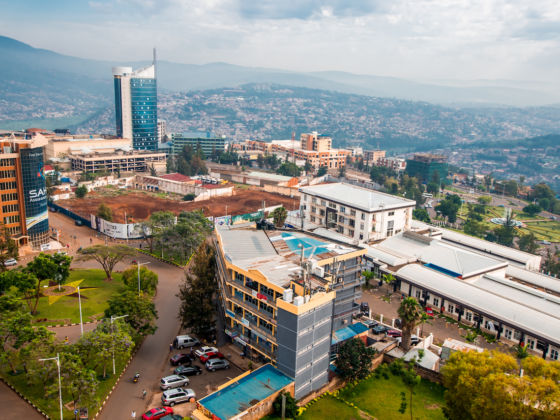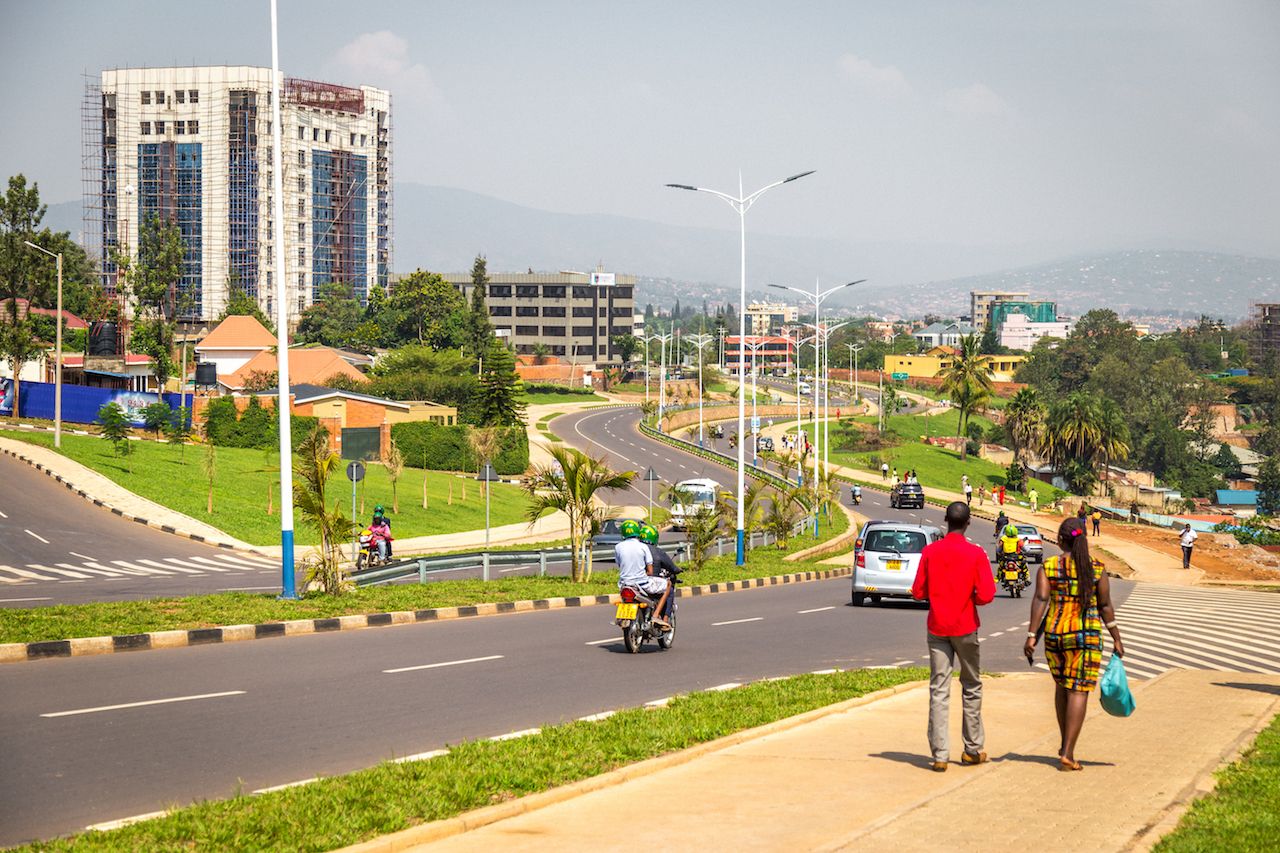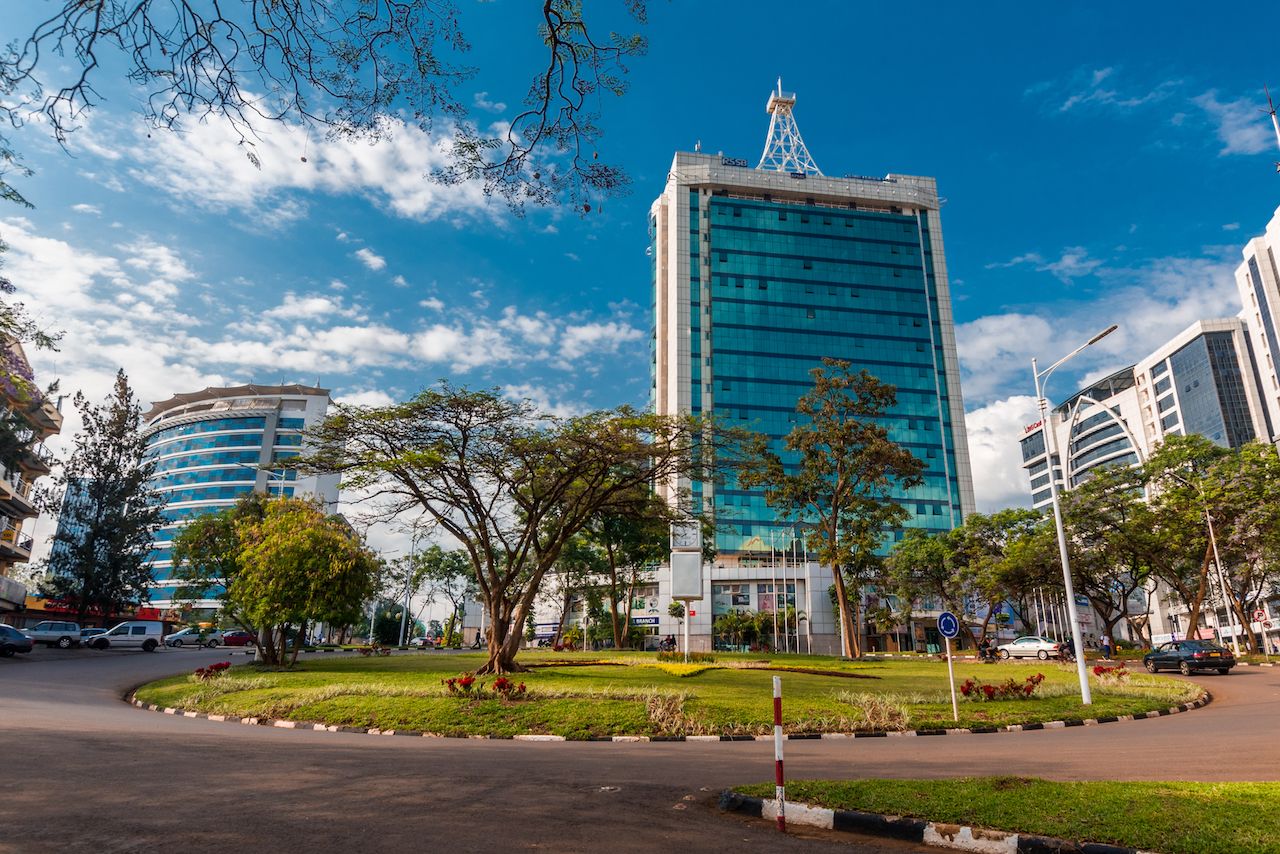Ten years ago, telling someone you had plans to visit Rwanda might have been met with raised eyebrows. Despite the fact that the Rwandan Civil War ended in 1994, the horrific 100-day genocide against the Tutsi people lingered in the global memory, and in some cases, it was all people knew of the East African nation.
Rwanda has made massive strides to rebuild in the aftermath of the atrocities, and in many ways, it’s been a successful journey. Tourism in Rwanda is becoming incredibly popular, especially among those keen on gorilla trekking in Volcanoes National Park and other outdoor opportunities. But the country’s campaign to revitalize its image was well underway even 10 years ago. In fact, it was a decade ago this year that a nationwide community work day called Umuganda was institutionalized to promote peace, unity, and prosperity throughout the nation.


